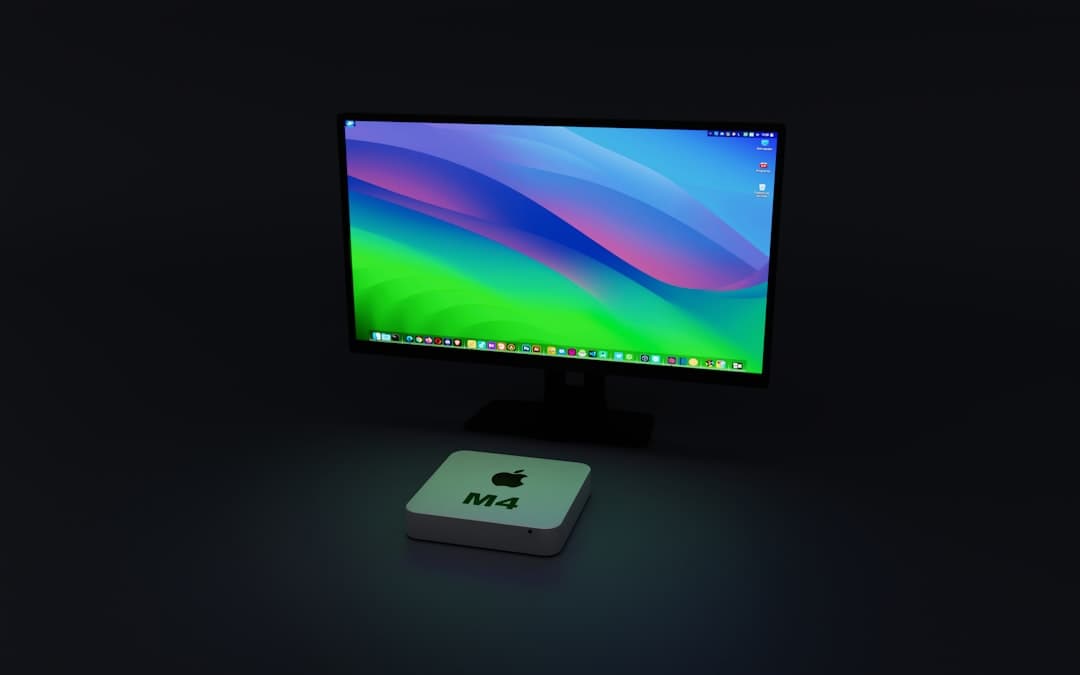Audio machine learning is a specialized field within artificial intelligence that focuses on developing algorithms and models for analyzing, interpreting, and processing audio data. This area has experienced significant growth in recent years due to the increasing availability of diverse audio sources, including speech, music, and environmental sounds. The primary objective of audio machine learning is to enable machines to interpret and respond to audio signals in a manner that closely resembles human perception and comprehension.
Artificial intelligence, in a broader context, refers to the development of computer systems capable of performing tasks that typically require human intelligence. These tasks include visual perception, speech recognition, decision-making, and language translation. AI systems utilize algorithms and models to process information and make decisions based on the data they receive.
When audio machine learning is integrated with artificial intelligence, it creates powerful systems capable of not only processing and understanding audio data but also learning from it to improve performance over time. This combination enables machines to adapt to new audio inputs, recognize patterns, and make increasingly accurate predictions or decisions based on audio information.
Key Takeaways
- Audio machine learning and AI are revolutionizing the way we interact with and analyze audio data.
- The role of audio machine learning in AI includes speech recognition, sound classification, and music generation.
- Potential applications of audio machine learning include virtual assistants, healthcare diagnostics, and security systems.
- Challenges in audio machine learning include data quality, interpretability, and privacy concerns, while opportunities include improved accessibility and innovation in various industries.
- Audio machine learning is revolutionizing industries such as healthcare, entertainment, and automotive by enabling new capabilities and efficiencies.
- The future of audio machine learning and AI holds promise for advancements in personalized audio experiences and enhanced human-machine interactions.
- Ethical considerations in audio machine learning and AI include privacy, bias, and the responsible use of audio data for societal benefit.
The Role of Audio Machine Learning in AI
Audio machine learning plays a crucial role in advancing AI capabilities, particularly in the area of natural language processing (NLP) and speech recognition. By leveraging audio data, machine learning algorithms can be trained to understand and interpret human speech, enabling applications such as virtual assistants, voice-controlled devices, and speech-to-text transcription systems. These technologies have become increasingly prevalent in our daily lives, with virtual assistants like Siri, Alexa, and Google Assistant becoming integral parts of many households and businesses.
Furthermore, audio machine learning is also being used to develop advanced audio analysis tools for tasks such as sound classification, audio synthesis, and music recommendation systems. These applications have the potential to revolutionize the way we interact with audio content, from personalized music playlists to automated sound recognition in smart home devices. As AI continues to evolve, the role of audio machine learning in enhancing human-machine interaction and understanding will become even more significant.
The Potential Applications of Audio Machine Learning

The potential applications of audio machine learning are vast and diverse, spanning across various industries and domains. In the healthcare sector, audio machine learning can be used for diagnosing medical conditions based on speech patterns and vocal biomarkers. By analyzing changes in a person’s voice, AI algorithms can detect early signs of neurological disorders, respiratory diseases, and mental health conditions, leading to early intervention and improved patient outcomes.
In the automotive industry, audio machine learning is being leveraged for developing advanced driver assistance systems (ADAS) that can detect and respond to sounds from the surrounding environment. This includes identifying emergency vehicle sirens, detecting potential hazards on the road, and alerting drivers to potential dangers. Additionally, audio machine learning is also being used for in-car entertainment systems that can personalize audio content based on the driver’s preferences and mood.
Challenges and Opportunities in Audio Machine Learning
| Challenges | Opportunities |
|---|---|
| Complexity of audio data | Advancements in deep learning algorithms |
| Lack of labeled training data | Development of semi-supervised learning techniques |
| Computational resources required | Improvement in hardware and cloud computing |
| Variability in audio sources | Integration of multi-modal data for better understanding |
While audio machine learning holds great promise, it also presents several challenges that need to be addressed. One of the primary challenges is the need for large and diverse datasets for training machine learning models. Audio data is often complex and unstructured, requiring significant computational resources and expertise to process and analyze effectively.
Furthermore, ensuring the privacy and security of audio data presents ethical and technical challenges that must be carefully navigated. On the other hand, there are numerous opportunities for innovation and advancement in audio machine learning. As technology continues to evolve, there is a growing demand for intelligent audio processing solutions that can enhance human-machine interaction and communication.
This has led to increased investment in research and development in the field of audio machine learning, with new algorithms and techniques being developed to address complex audio analysis tasks.
How Audio Machine Learning is Revolutionizing Industries
Audio machine learning is revolutionizing industries across the board, from entertainment and media to healthcare and automotive. In the entertainment industry, AI-powered music recommendation systems are transforming the way we discover and consume audio content. By analyzing listening patterns and user preferences, these systems can curate personalized playlists and recommendations that cater to individual tastes and moods.
In the healthcare sector, audio machine learning is being used to develop innovative diagnostic tools that can analyze speech patterns and vocal biomarkers to detect early signs of medical conditions. This has the potential to revolutionize the way we approach healthcare diagnostics, leading to earlier detection and intervention for a wide range of diseases and disorders.
The Future of Audio Machine Learning and AI

The future of audio machine learning and AI holds immense potential for further innovation and advancement. As technology continues to evolve, we can expect to see more sophisticated applications of audio machine learning in areas such as virtual reality (VR) and augmented reality (AR), where immersive audio experiences play a crucial role in creating realistic environments. Furthermore, advancements in deep learning and neural network architectures are expected to drive significant progress in audio processing tasks such as speech recognition, sound classification, and music generation.
This will lead to more accurate and efficient audio analysis tools that can be applied across a wide range of industries and domains.
Ethical Considerations in Audio Machine Learning and AI
As with any technology, there are ethical considerations that must be taken into account when developing and deploying audio machine learning systems. One of the primary concerns is privacy and data security, particularly when dealing with sensitive audio data such as personal conversations or medical records. It is essential for organizations to implement robust data protection measures and ensure compliance with privacy regulations to safeguard the integrity of audio data.
Additionally, there is a need for transparency and accountability in the development of AI-powered audio systems. This includes ensuring that algorithms are fair and unbiased, particularly in applications such as speech recognition where accuracy and inclusivity are paramount. By addressing these ethical considerations proactively, we can ensure that audio machine learning technologies are developed and deployed responsibly for the benefit of society as a whole.
If you’re interested in the potential applications of audio machine learning in the healthcare industry, you might want to check out this article on Metaverse and Industries: Healthcare and Wellness. It explores how the metaverse could revolutionize healthcare and wellness, and audio machine learning could play a crucial role in improving patient care and diagnostics.
FAQs
What is audio machine learning?
Audio machine learning is a branch of artificial intelligence that focuses on developing algorithms and models to analyze, process, and understand audio data. It involves using machine learning techniques to extract meaningful information from audio signals, such as speech, music, or environmental sounds.
What are the applications of audio machine learning?
Audio machine learning has various applications, including speech recognition, music recommendation systems, sound event detection, voice synthesis, and audio classification. It is also used in fields such as healthcare for diagnosing medical conditions from audio signals, and in security for detecting anomalies in audio surveillance.
What are some common techniques used in audio machine learning?
Common techniques used in audio machine learning include feature extraction, time-frequency analysis, deep learning, convolutional neural networks (CNNs), recurrent neural networks (RNNs), and unsupervised learning methods such as clustering and dimensionality reduction.
What are the challenges in audio machine learning?
Challenges in audio machine learning include dealing with noisy and complex audio data, handling large-scale datasets, addressing issues related to variability in audio signals, and developing models that are robust to different acoustic environments and speaker characteristics.
How is audio machine learning used in industry?
In industry, audio machine learning is used for various applications such as speech recognition in virtual assistants, automatic transcription of audio recordings, personalized music recommendation systems, audio-based quality control in manufacturing, and monitoring and analyzing environmental sounds for predictive maintenance in infrastructure.











Leave a Reply